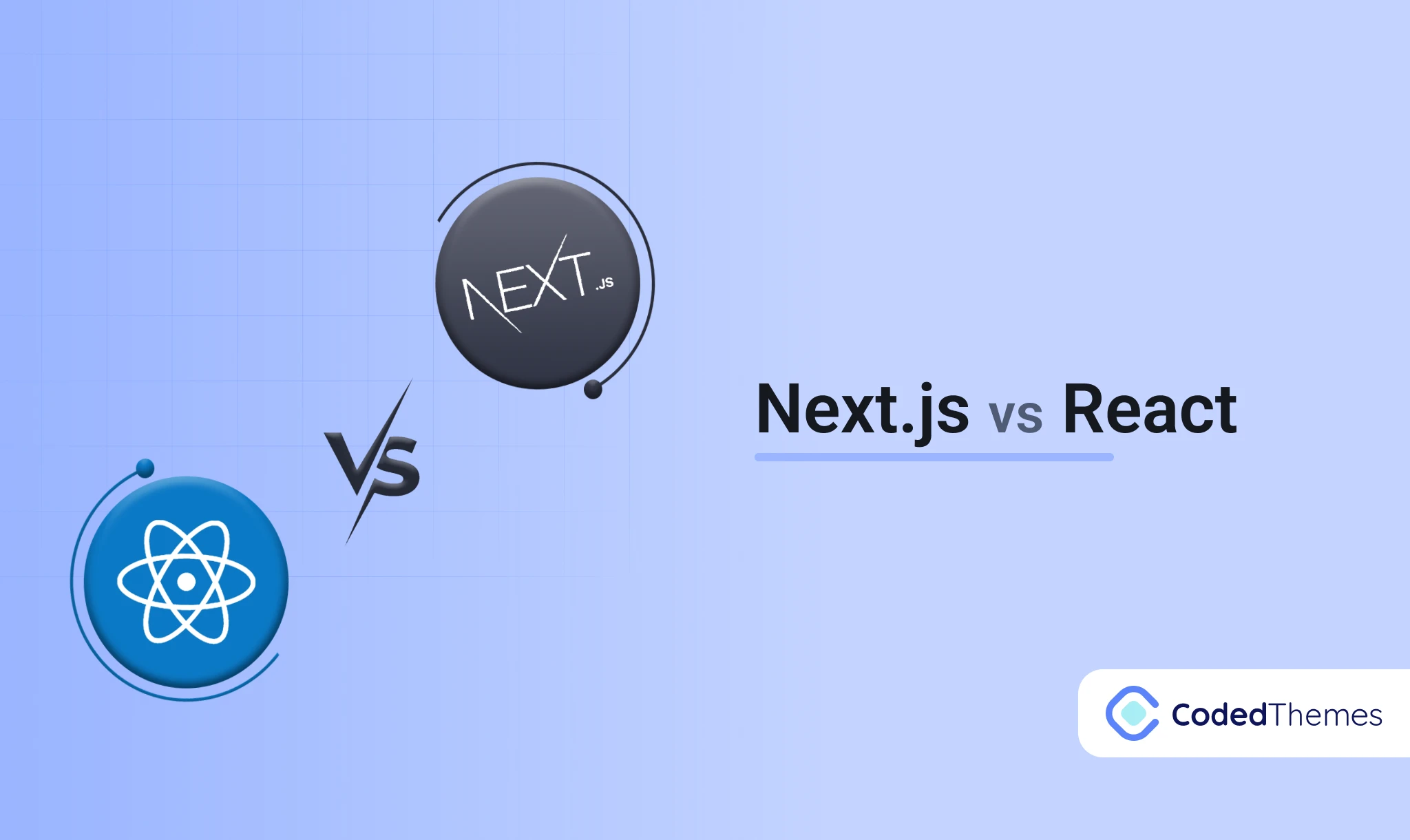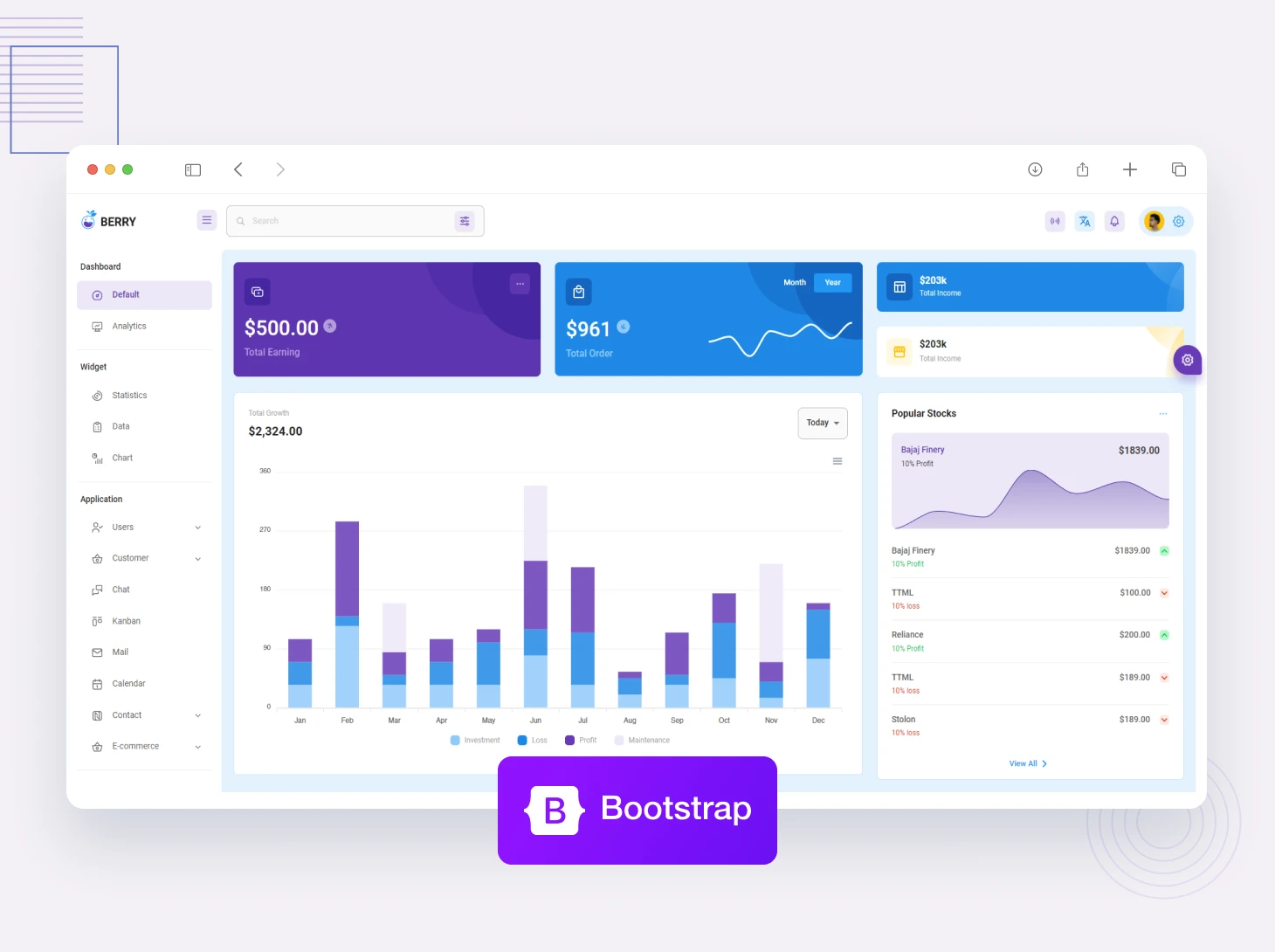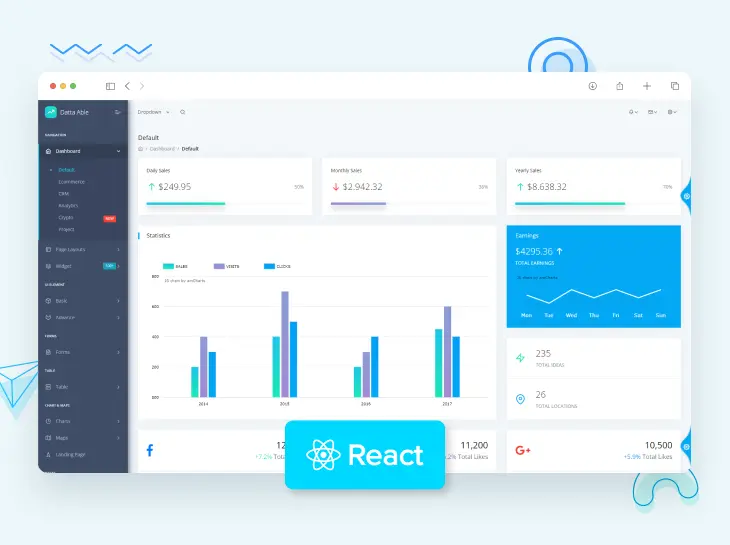User authentication is essential to almost every mobile, web, or enterprise application. It can be frustrating if you need to create your own secure, user-friendly, and versatile login system. However, there are alternative authentication services that will significantly ease the process. They are powerful, ready-to-go solutions that can be integrated with minimal effort.
Here, we discuss five of the best authentication services that any developer can use to simplify login and identity management:
1. Firebase Authentication
Firebase Authentication is one of the main features provided by the suite of Firebase applications under Google; this is a BaaS platform that helps speed up the application development and scaling process. Firebase Auth makes building secure authentication in web or mobile applications easier.
Key Features:
- Supports multiple login methods, including email/password, phone number, anonymous, and social platforms such as Google, Facebook, Apple, GitHub, and Microsoft.
- It provides ready-to-use UI components for authenticating customizable screens per your app’s branding.
- Get cross-platform SDKs useful for Android, iOS, Web, Unity, and C++.
- Real-time integration with the Firebase backend tools such as Firestore, Realtime DB, Functions, and Hosting.
- Built-in session handling, token refresh, and account linking.
Pros:
- Great setup guides and templates make it easy for beginners.
- Uptime and performance from Google infrastructure.
- Fast setup via console, Firebase even without backend knowledge.
Cons:
- Limited flexibility to customize for more advanced multi-step auth workflows.
- Debugging authentication rules can be tedious in complex apps.
Free Tier:
- A rather generous quota of 10,000 email/password and anonymous logins/month.
- Free 100 phone number verifications/month.
- Unlimited sign-ins with federated identity providers (with above limits based on usage billing).
2. Auth0
Auth0 is an excellent platform used for enhanced authentication and authorization services. The company provides solutions and platforms for software developers who build applications, from the smallest user to the most massive enterprise-size applications. Auth0 is a flexible company, recognized primarily for its features and customisation options as an enterprise-ready solution.
Key Features:
- Availability of many login options: social logins, enterprise login (SAML, LDAP, AD), passwordless login via email or SMS.
- Role-based access (RBAC) and management user permissions.
- Actions, Rules, and Hooks allow custom logic during signup or login (e.g., adding metadata, blocking users).
- Built-in analytics, breach detection, and anomaly detection.
- Localisation and custom branding for login pages.
Pros:
- Powerful in complex identity and access control settings.
- Great for multi-tenant applications and B2B integrations.
- You’ll get hosted login pages that lessen the need for in-app login UI.
Cons:
- Complicated for small projects or early-stage startups.
- Limitations in the free tier can tend to increase costs at scale.
Free Tier:
- Up to 7,000 active users/month on the free plan.
- Includes unlimited logins and most core features. Basic email support and community forums for help.
3. AWS Cognito
AWS Cognito is a great innovation by Amazon Web Services to authenticate a user within the setting and govern access to that user in all things AWS. It serves enterprise-scale applications and works seamlessly with the many other services offered by AWS, giving it great value to those already in the AWS ecosystem.
Key Features:
- Integrated user pools with email verification, password policies, and account recovery features.
- Support for federated identity using identity input pools to access AWS services securely.
- Custom workflows via AWS Lambda triggers like pre-signup, post-confirmation, and pre-auth.
- Advanced Security uses adaptive authentication, compromised credentials detection, and device tracking.
Pros:
- Cognito Sync is a service that enables the synchronization of user data across various devices.
- Deeply integrated with the rest of AWS services: API Gateway, Lambda, IAM, etc.
- Has built-in good security practices and is therefore highly scalable.
- Provides for user auth and fine-grained authorization.
Cons:
- Configuration and debugging complexities are often time-consuming.
- The admin interface is less intuitive than Firebase/Auth0.
Free Tier:
- Find 50,000 active users every month for User Pools in the first 12 months only.
- For Identity Pools, 10GB total sync storage and 1M sync operations monthly.
4. Supabase Auth
Supabase is an open-source alternative to Firebase that gives a real-time backend to PostgreSQL. Supabase Auth is an authentication system preferred by developers who utilize open standards and seek more control over their back ends.
Key Features:
- Auth0 supports traditional email/password, magic link-based OTP login, and OAuth providers like Google, GitHub, Bitbucket, and GitLab.
- Auth events (on signup, sign-in, etc.) could trigger real-time functions.
- Tight coupling with backend data through Supabase’s Postgres database.
- Session-based auth via JWT with complete control over token duration and renewals.
- It can be completely controlled by self-hosting or leveraged through a hosted cloud service.
Pros:
- Open source, transparent, so very well suited towards developers concerned about data ownership
- Custom email templates are prepared for email flows and authentication.
- Find the tailored email template samples to ease the email flows and authentication.
Cons:
- Compared to Firebase and Auth0, it has a smaller ecosystem and fewer third-party integrations.
- Young in the field of some things, such as advanced access control.
Free Tier:
- Up to 10,000 monthly active users.
- Unlimited, balanced usage without API limitations.
- Basic email authentication and OAuth are included.
5. JWT (JSON Web Tokens)
JWT, or JSON Web Tokens, isn’t a service but a token-based authentication standard used to transmit information securely between parties. It’s commonly used for stateless authentication in APIs and modern web apps.
Key Features:
- Open standard (RFC 7519) for access tokens created with encrypted claims.
- Seamlessly integrates with all web frameworks: Node.js, Python, Ruby, Go, Java, and more.
- A state-agnostic, self-contained token will reduce server-side session storage.
- Usually used for APIs to authenticate users for session management and service-to-service communication.
Pros:
- Lightweight and sophisticated for such a purpose.
- Tokens can be customized with custom claims (e.g., roles, expiry time).
- It is widely supported and very easy to use, using open-source libraries.
Cons:
- Security depends on the developer’s token storage or handling of the signature, which will create vulnerabilities.
- No user-manager, databank, or UI out of the box- you need to create all of it.
- Turning off a token can be a nightmare without adding a token blocklist or expiration strategies.
Free Tier:
- It is a standard, not a hosted service.
- It is free and open-source from all major platforms’ libraries.
Conclusion
Each of these authentication solutions comes with its own set of unique features. For rapid implementation and integration with Google services, Firebase Auth shines. Auth0 is the most flexible and has enterprise features. AWS Cognito shines for scale and security in the AWS ecosystem. Supabase Auth is open-source and is suited for projects requiring full control. Finally, JWT gives you the toolbox to put together your custom authentication system.
When considering an authentication service, weigh the cost, ease of use, integration requirements, scaling, and social or enterprise login support. The right solution will ease development time, enhance security, and assure user experience success.











Comments